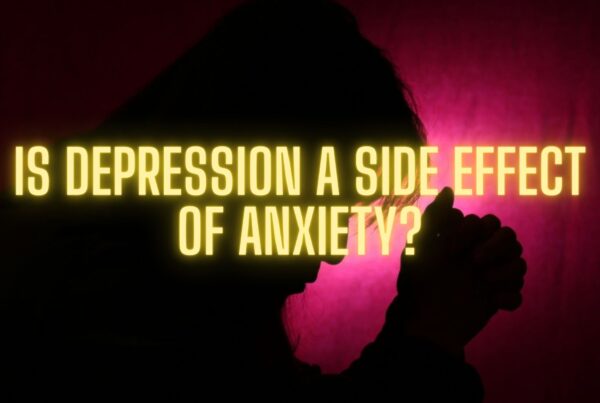Social media is not to blame for depression in young people
Niall McCrae, King’s College London
For all we hear about an escalation in mental health problems in adolescence, there is no persuasive evidence that the internet is to blame. My colleagues and I recently conducted a systematic review of the evidence and found only a weak correlation between teenagers’ use of social media and depression. ![]()
After its launch in 2004, the social networking website Facebook rapidly expanded to global coverage. Since the advent of smartphones, instant messaging sites such as WhatsApp have become the most popular means of communication for younger people, who spend much of their lives fixated on digital devices, oblivious to everything around them. Some experts believe that this immersion in cyberspace has negative psychological and social effects, and news reports and opinion pieces in newspapers often portray the internet as a danger to the young.
We examined research measuring social media use and depression in young people up to 18 years of age. Eleven studies, with a total of 12,646 participants, were included. Overall, we found a small but statistically significant relationship between online social interaction and depressed mood.
A weakness of the reviewed studies was reliance on the participants’ self-reporting of internet use. Although symptoms were measured by validated psychological questionnaires, depression was not formally diagnosed in any of the studies. More fundamentally, the studies could not determine whether the mood problem was cause or effect. Data from some studies indicated that psychologically vulnerable young people are more likely to turn to the internet for social support. So depression may be a contributory factor rather than a consequence of social media use.
The results of our review neither negate the concerns of sociologists, psychologists and neuroscientists on the impact of the internet on social and cognitive development, nor do we disregard problematic use. Previous research has found that young people who display impulsive and addictive behaviour are more likely to share sexual images of themselves and are at greater risk of being bullied online.
The internet offers tremendous opportunities for social interaction, but constant connection, superficial exchange and a perpetual quest for “likes” do not nurture deep thinking, creativity and empathy. Parents should be alert to excessive internet use by a son or daughter, as this could be a sign of distress. A teenager with low self-esteem needs emotional support and won’t necessarily get this from online contacts.
New technology, new panic
There are hints of moral panic in the notion of a mental health epidemic in young people, and the supposed harmfulness of the internet. Reactions to transformative new technology are understandable but often exaggerated. In the 19th century many people were diagnosed with “railway sickness”, a type of neurosis attributed to the unnatural motions of train travel. Adolescence has always been a challenging stage of life, but the rising incidence of depression may be due to greater mental health awareness and changes in diagnostic practice. Our findings do not show that young people become depressed as a direct result of engaging in social media.

Augustus Leopold Egg, The Travelling Companions
For further research, we recommend studies that follow younger people over a long period of time (longitudinal cohort studies). Intensive long-term observation would reveal changing patterns of social media use from childhood to adolescence. Repeated measurement of stress and mental health is crucial, but researchers should not rely on numerical data alone. We suggest integration of quantitative and qualitative methods, with interviews enabling young people to describe their experiences in their own words, potentially revealing links between social media activity and mental state.
Social media seems destined to dominate people’s lives for the foreseeable future. Yet the popularity of Facebook is declining among teenagers. There are also signs of people reverting from digital to analogue media (such as books and vinyl records). The internet is constantly evolving, and young people are adaptable to technological change. Social network and instant messaging sites are the medium, but not the message.
Niall McCrae, Lecturer in Mental Health, King’s College London
This article was originally published on The Conversation. Read the original article.
Release Hypnosis is celebrating two years! To celebrate our anniversary, I’m offering a ‘two for two-year anniversary special’. Book now and mention the ‘two for two-year anniversary special’ and you’ll receive two sessions for the price of one! That’s a generous 50% off our standard session price! (Terms and conditions apply)
TAKE ADVANTAGE OF THIS SPECIAL OFFER NOW
You might also like to read:
Release Hypnosis Celebrates It’s Two Year Anniversary
How Does Hypnotherapy Work With Weight Loss?
OUTthink – Episode 9 – Brian Madigan – Naked Gay Guru
“What Does Hypnosis Feel Like”








